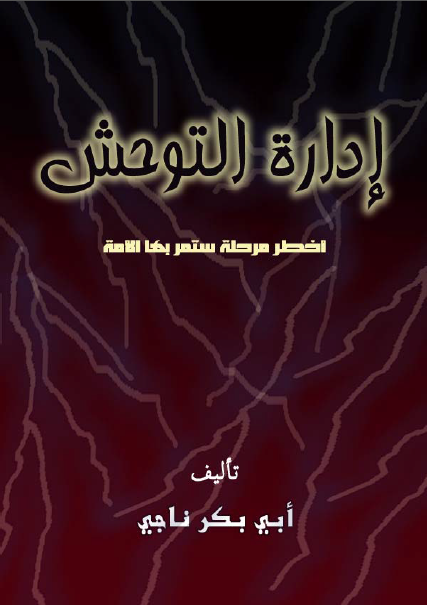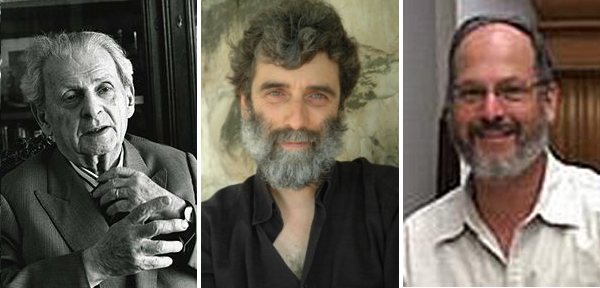[ by Charles Cameron — or it may be time treat the newfangled term “omnimpotence” as a valid theological descriptor for the hubris manifested by “great powers” ]
.

**
Abu Bakr Naji makes an interesting point about hubris in his jihadist dissertation, The Management of Savagery (cover image above), which I was thumbing through today:
Therefore, the two superpowers must resort to using a deceptive media halo which portrays these powers as non-coercive and world-encompassing, able to reach into every earth and heaven as if they possess the power of the Creator of creation.
But the interesting thing that happened is that these two superpowers believed, for a time, their media deception: that they are actually a power capable of completely controlling any place in the entire world, and that (this power) bears the characteristics of the power of the Creator.
**
You know Parkinson’s Law, that “work expands to fill the time available for its completion”. It’s one specific instance of the more general saying “Nature abhors a vacuum” — and as always, if there’s one instance of a more general rule, there are liabke to be others.
I’d like to suggest that Abu Bakr Naji may be onto something: that when the idea of an omnipotent deity vanishes (“appears vacuous” or is no longer taken with any depth of seriousness), whatever power is sufficiently well-placed for that purpose is liable to fill the vacuum with its own sense of, well, omnipotence.
This omnipotence of a superpower (or powers — Naji refers to two “poles” in his treatise, the US and Russia) may not be clothed in such a religious term as “omnipotence” — but it can still carry with it the idea of a quasi-divine aegis, as in the concept of American exceptionalism, the “shining light on a hill” able to illuminate the rest of the world.
Thinking America is the sole remaining superpower, Russia having lost its claim to that status at the end of the Cold War, clearly has enough support in practical reality to make it very easy for us to blur the distinction between “omnipotence” and “superpower” — with much of the theological resonance of the former term remaining as a halo, to use Naji’s term, about the latter.
From a psychiatric point of view, this is the very nature of hubris — an overweening or excessive confidence or pride — of the sort that Carl Jung, interestingly enough, would term “inflation” — a sense of power that puffs itself up beyond its realistic limits to fill the vacuum made available by the absence of a recognition of God as an authentically omnipotent higher power.
And we know what happens to over-extended balloons, bubbles, and the like…
**
It is only too easy for us to be so “rational” that we overlook the “irrational” or frankly “magical” aspects of our thinking — but the gap between supposed “realism” and reality may be a crucial one, and one which Naji sees from a distance more clearly than do we who are within it.






